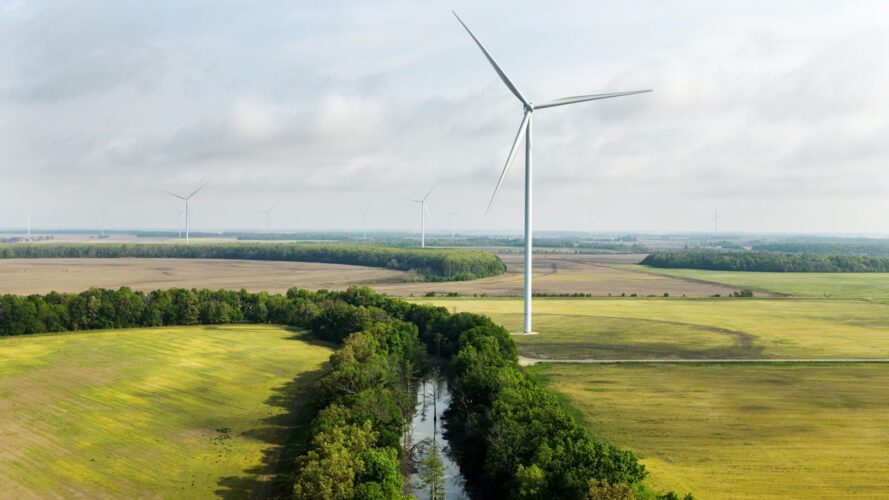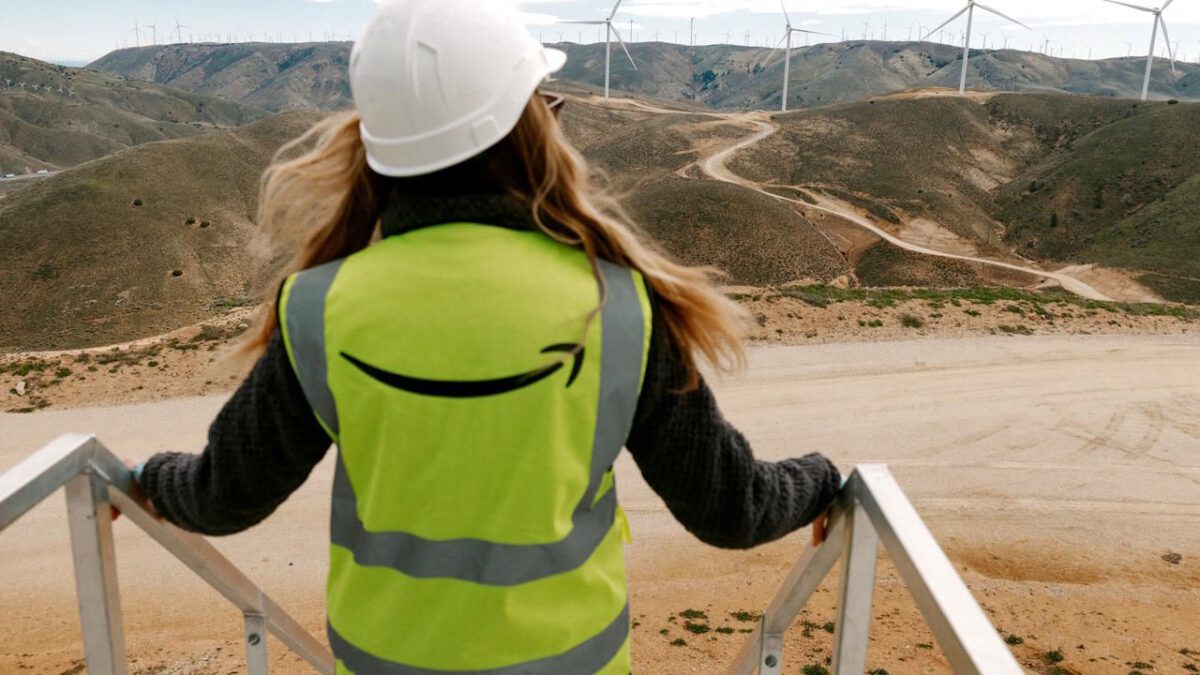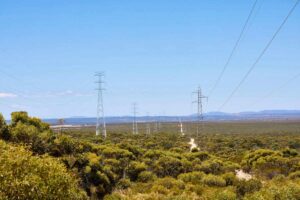Global online retail and cloud computing giant Amazon says it has achieved a “moment in time” where all of the electricity consumed across the company’s global operations has been matched with 100 per cent renewable energy.
Amazon set a goal in 2019 to match all of the electricity consumed across its global operations with 100 per cent renewable energy generation by 2030 – including data centres, corporate buildings, grocery stores, and fulfilment centres.
The milestone, reached seven years early in 2023, comes as an important stepping stone on the company’s commitment to reach net zero carbon by 2040.
“Reaching our renewable energy goal is an incredible achievement, and we’re proud of the work we’ve done to get here, seven years early,” said Kara Hurst, chief sustainability officer at Amazon.
“We also know that this is just a moment in time, and our work to decarbonise our operations will not always be the same each year – we’ll continue to make progress, while also constantly evolving on our path to 2040.
“Our teams will remain ambitious and continue to do what is right for our business, our customers, and the planet. That’s why we’ll continue investing in solar and wind projects, while also supporting other forms of carbon-free energy, like nuclear, battery storage, and emerging technologies that can help power our operations for decades to come.”
Amazon’s renewable energy credentials are a mixture of power purchase agreements, installed capacity, and energy efficiency. For example, Amazon’s HQ2 headquarters in Virginia was specifically designed to run with zero operational carbon emissions and its electricity consumption is matched by a local solar farm.
Amazon also boasts nearly 300 on-site solar projects located on the rooftops and properties of its properties around the globe. In addition, Amazon has invested in more than 500 solar and wind projects which, combined, are capable of generating enough electricity to power the equivalent of 7.6 million US homes.
Amazon is also the largest corporate purchase of renewable energy, a record it has held for four years in a row and is also the top corporate purchaser of offshore wind globally, supporting nearly 1.7GW of capacity across six offshore wind farms in Europe. When completed, these six wind farms will produce enough electricity to power the equivalent of 1.8 million European homes.

Image Credit: Amazon
“By achieving its 100 per cent renewable energy goal, Amazon has made it possible for hundreds of new solar and wind projects to be constructed, bringing new sources of clean energy to grids and communities around the world,” said Kyle Harrison, head of sustainability research at BloombergNEF.
“Addressing climate change while balancing society’s skyrocketing energy demands is a massive challenge, and Amazon’s commitment to clean power demonstrates how a single company can help accelerate the transition to the low-carbon economy on a global scale.”
Amazon has also contracted enough renewable energy capacity through new wind and solar farms to equal the expected electricity used by all active Echo, Fire TV, and Ring devices globally by 2025. This ensured that Amazon became the first consumer electronics company to commit to addressing device electricity use through renewable energy development.
Greenwashing, green shaming, green hushing
There has been some criticism of huge corporations like Amazon claiming to have achieved 100% renewables when, commonly, a large proportion of this achievement is made by buying renewable energy certificates generated by existing solar and wind farms.
This is not considered to be the ‘gold standard’ of renewable power purchasing, which is to sign up to buy the power – and certificates – from a project that is being developed, thereby underwriting it financially and directly contributing to the rollout of new renewable energy capacity.
The purchase of renewable energy certificates, or RECs, is all by the book – including by the measures of organisations like RE100 – but it is not considered to be the “gold standard” of renewable energy procurement, in that it doesn’t directly contribute to the creation of new renewable energy projects.
Certainly, not everyone is impressed by Amazon’s claims this past week, including a group called Amazon Employees for Climate Justice’s (AECJ), which says it has produced independent research that reveals a large majority (68%) of Amazon’s REC purchases are “low-quality.”
“[They do] nothing to build new, additional renewable energy; these credits simply trade around paper claims on electricity that other people already generated and consumed,” the group claimed in a media release last week that accuses Amazon of greenwashing.
Others have argued that major corporations spruiking their progress on decarbonisation has a value in and of itself, by sending the message that climate change is serious and action is now central to all healthy business models.
This line of logic says green shaming could lead to green hushing, where corporations keep quiet about their actions on climate and renewables, for fear of bad publicity – and the subject drops off the radar.








